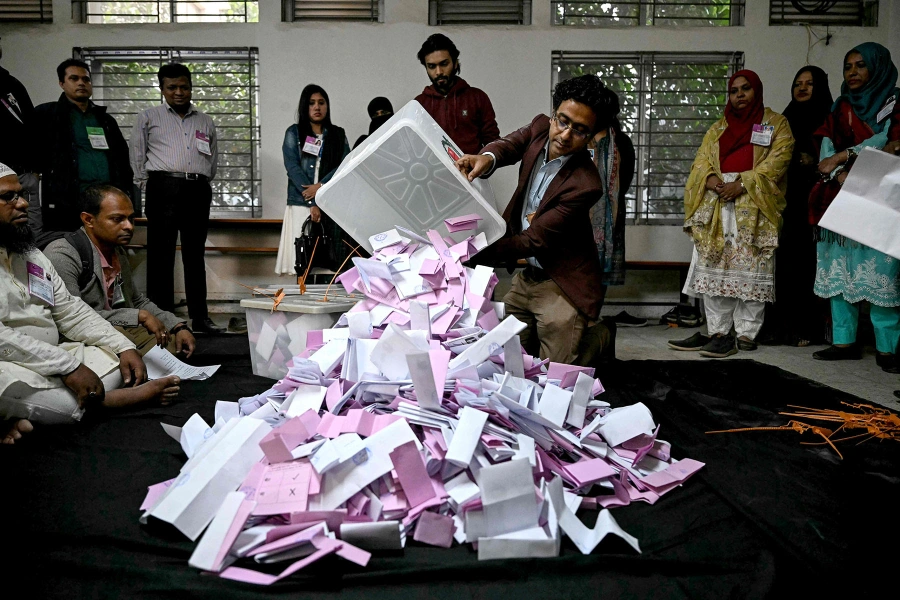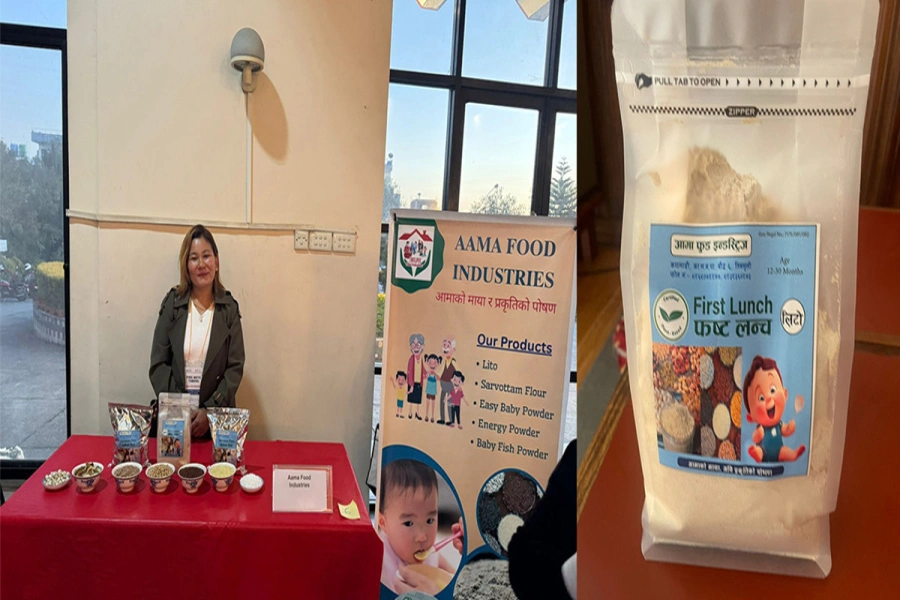We all want to look a certain way and, though that isn’t necessarily a bad thing, many times it leads to us trying out random diets without a second thought. Intermittent fasting has been a recent trend with many swearing by its benefits. Social media further fuels this fitness craze and many turn to Instagram or YouTube as the Holy Grail for weight loss and health tips.
Visiting a nutritionist or dietician to have our diets and food habits professionally checked and managed is something that rarely occurs to us. We think we can do it on our own but we couldn’t be more wrong. Someone rightly said that a little knowledge is a dangerous thing and we could be doing our bodies more harm than good by recklessly going from one diet to another.
Dietician and nutritionist Divya Mittal agrees and says that there is a need for awareness about the matter in Nepal. Mittal runs an online nutrition and diet consultation platform called Mitahara: Eat Right along with Supriya Bhattarai, another nutritionist and dietitian based in Kathmandu, Nepal.
Mittal and Bhattarai met at a hospital where they were both working after completing their studies. “Both of us studied in India and there we noticed how people were so knowledgeable about nutrition and diets. But the same cannot be said for people in Nepal,” says Mittal. And so, in an effort to change this, the duo decided to open a platform people could turn to for diet consultations, online or over a cup of coffee.
Regional Consultation Meeting on “Promoting Nutrition Sensitive...

According to the duo, even those conscious about nutrition and diet hesitate to go to a hospital for a consultation. “Some get anxious at the mere thought of visiting a hospital while others are just too busy. The idea behind Mitahara was to create an informal yet professional environment where people can receive diet consultations according to their needs. An added bonus is that we are flexible about the time as well,” says Bhattarai.
If you want to filter and check what goes into your body and understand what you can do to stay healthy, you can approach the duo for a consultation. Simply contact them on Facebook or Instagram (@mitahara_eat_right_), set up a meet, and get a consultation. It’s as easy as that. The duo will also help clear out any queries you have about nutrition and dietetics, tackle matters like stress eating, and debunk myths regarding dieting which in turn can help you decide what is right for you to maintain a healthy eating habit in the long run.
The duo confesses that most of the clients who approach them are seeking to lose weight. “Some are obese, others are getting bullied for their weight while quite a few seem to be suffering from diseases like Polycystic Ovary Syndrome and are thus unable to shed the kilos,” says Mittal.
They say that while dealing with matters like weight loss the most important thing to focus on is the Body Mass Index (BMI) that is a value derived from the weight and height of a person and is important to evaluate the relationship between body weight and height. Moreover, it helps to determine whether you’re underweight, normal weight, overweight or obese. “For anybody, regardless of whether they’re on a diet or not, it is important that their BMI is normal,” says Bhattarai adding that this is what Mitahara wants to help their clients achieve.
For many people, dieting means starving themselves and taking up a liquid or a banana diet that may ultimately lead to a person becoming malnourished. “To lose weight one can reduce their food portions but they should never stop eating completely. If you are going to starve yourself for two days and stress eat a plate of momo later, this adds more calories to your body than if you were eating regular food on a daily basis,” says Mittal.
“When you starve, you lose weight. But once you go back to your regular diet, the body will now replenish the fat reserves you lost during starvation and you end up gaining the weight you lost and then some more,” she explains.
If one is truly serious about maintaining a healthy eating habit, the duo reveals that counting calories, maintaining a food diary, exercising, realizing when you are stressed, knowing what goes into your food and avoiding processed foods are the best ways to go about it.
Just like their name Mitahara (which is formed by joining the words “Mit” and “Aahar” meaning eating in moderation) suggests, one must consume nutrient rich food (in moderation) to maintain good health.
In the future, the duo hopes to see Mitahara functioning as a clinic where people can come in and get consultations as well as become informed about various aspects of nutrition and dietetics while being a totally informal and soothing place. Moreover, they also have plans to introduce products like healthy snacks that can cater to people’s cravings whilst keeping them healthy.
Mittal and Bhattarai’s top five tips
- A fistful of nuts (walnuts, almonds, pecans, etc.) a day goes a long way when it comes to staying healthy.
- Alcohol makes you gain weight so it’s important to drink in moderation.
- Portion size and timing are more effective and advantageous than cutting out carbs or other nutrients from your diet.
- Simple homemade Nepali food is one of the healthiest and economical diets one can follow.
- It’s important to be knowledgeable about food labeling to understand what goes in packaged foods so that you can shop accordingly.






































